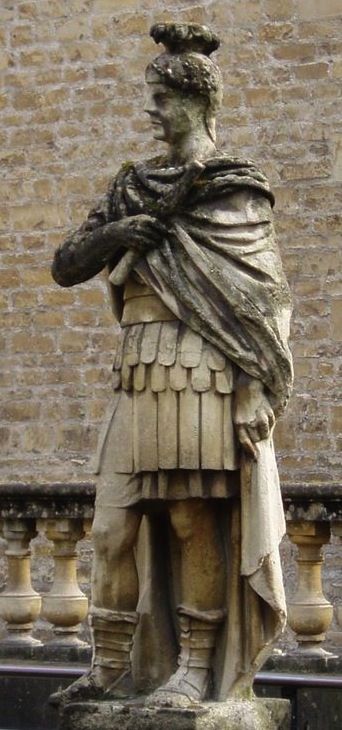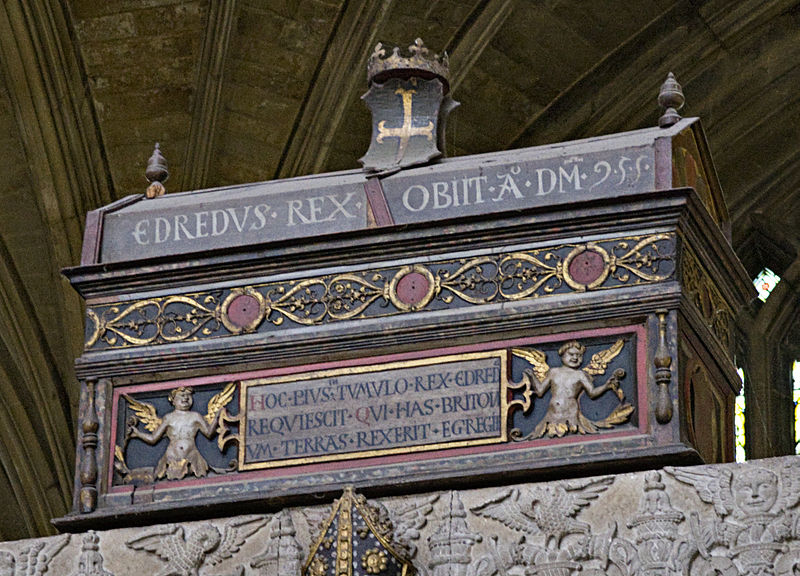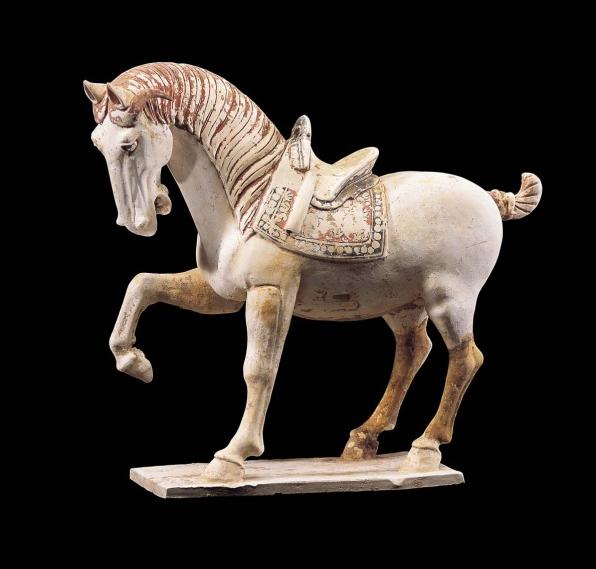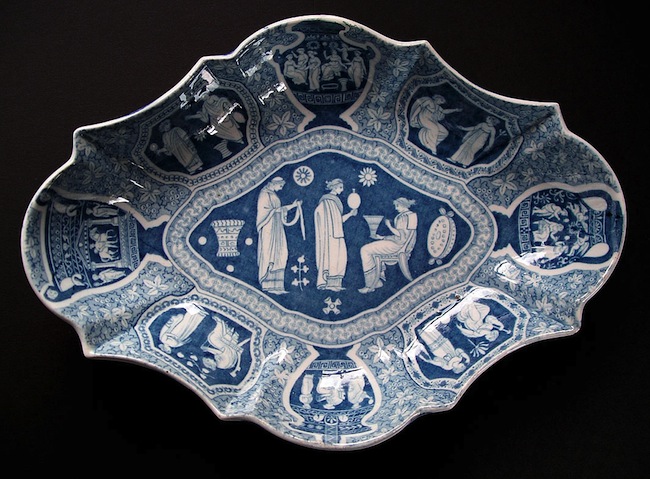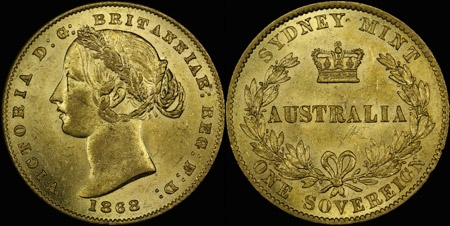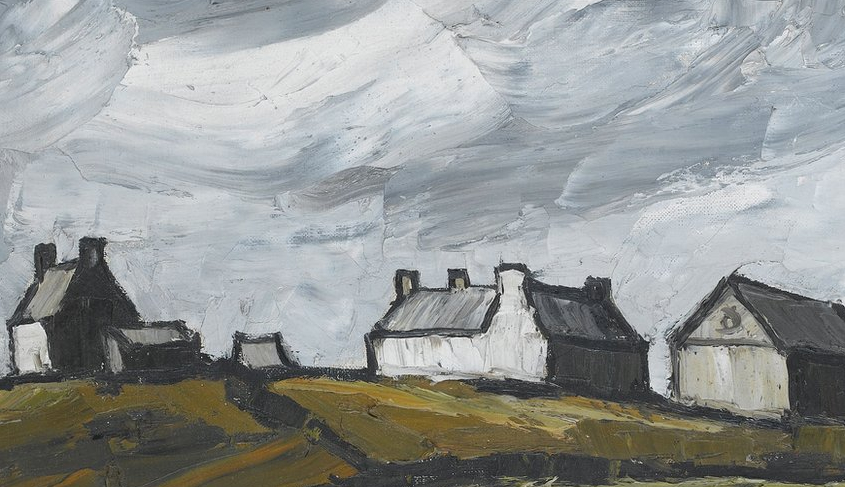Agricola was a Roman statesman and soldier who, as governor of Britain, conquered large areas of northern England, Scotland and Wales. His life is well known to us today because his son-in-law, the historian Tacitus, wrote a detailed biography of him which survives.
Gnaeus Julius Agricola was born on 13 July 40 AD in southern France, then part of the Roman Empire, into a high-ranking family. He began his career as a military tribune in Britain and may have participated in the crushing of Boudicca’s uprising in 61 AD. During the civil war of 69 AD, Agricola supported Vespasian in his successful attempt to become emperor. Agricola was appointed to command a Roman legion in Britain. He then served as governor of Aquitania (south-east France) for three years, and after a period in Rome, in 78 AD he was made governor of Britain.
As soon as he arrived, Agricola began campaigning to assert Roman authority in north Wales. According to Tacitus he crossed the Menai Straits and took Anglesey. From 79 – 80 AD, Agricola moved north to Scotland where he consolidated Roman military control and masterminded the building of a string of forts across the country from west to east. From 81 – 83 AD, Agricola campaigned north of the Forth-Clyde line and confronted the Caledonian tribes under Calgacus at the battle of Mons Graupius in 84 AD. The Caledonians were routed, but despite Agricola’s claim that the island had now been conquered, the threat to Roman security from the north was not completely removed.
The following year, Agricola was recalled to Rome and died there on 23 August 93 AD.

